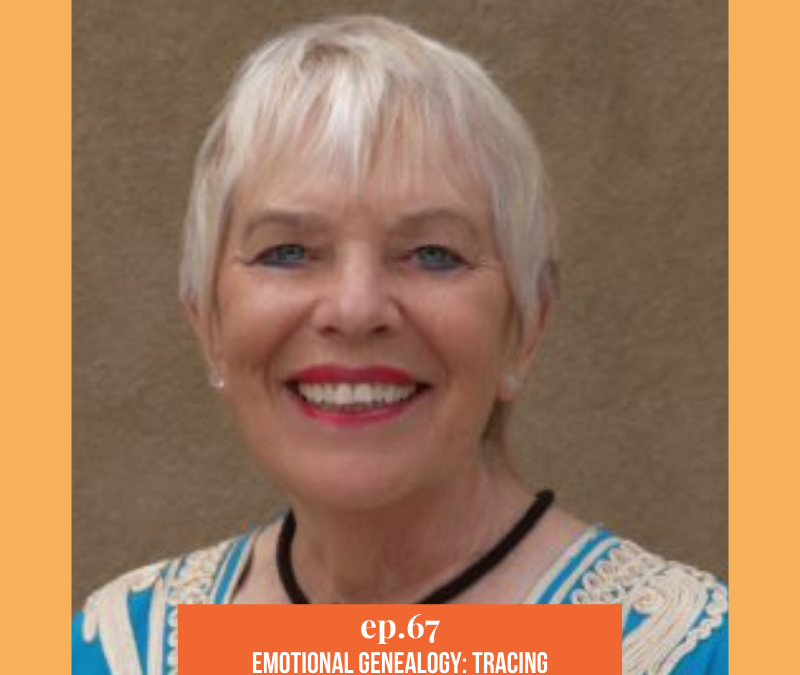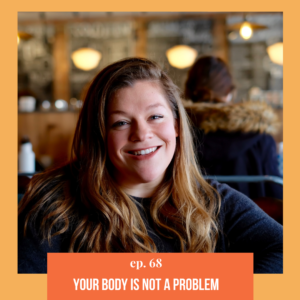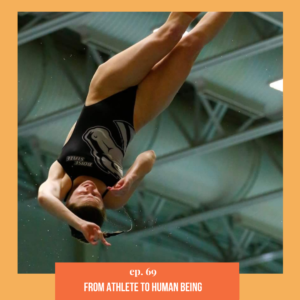I hope March finds you well. Are any flowers beginning to bud by you? I always wonder why so many poke their little heads out into the world when it’s still very chilly in the mornings. Here in Seattle I see flowers blooming in February and early March and I want to tell them, “It’s too soon! Go back and be safe!” But every year they do it again. A reminder that spring in fact is on the way. It reminds me to take stock and see how I fared through the winter.
I noticed just today that despite feeling like I have no extra time I keep the same amount of work on my plate AND, mea culpa, I seem to be adding more.
It was making my list for the today before bed last night (it calms me) and revising it again this morning (once again, it calms me) when realized that I must like things this way. REALLY like them. Otherwise, why would I keep up the pace?
And, I further realized that instead of thinking it’s temporary or telling myself things have gotten out of hand, I must admit it I LIKE IT.
There I admitted it—I LIKE BEING REALLY BUSY.
It’s not that I don’t wind down. I was thrilled to plop down on the couch with my family last night, play Bananagrams, Emoji Uno, and watch reality TV together. I love baths and zoning out. But, having projects fuels me, getting things done makes me happy. I don’t want to delude myself into thinking I’m not at least partly responsible for the way my days unfold. I bet you might be able to identify a behavior pattern or habit of yours that might not be going anywhere that will feel good to accept too.
The new cover for my memoir When She Comes Back is almost finished and I am so excited! I’ll be sharing that and all the pre-order book links in my next post.
This week on the podcast Judith Fein joins me for episode 67, Emotional Genealogy: Tracing the Past to Live an Authentic Life. Click here to listen.
Award-winning international travel and culture journalist, author, speaker, playwright, screenwriter, movie and theatre critic, opera librettist, and theatre director Judie Fein believes everyone has a mission in life even if they don’t know what it is and part of that mission is to become whole, as whole as they were at birth. Her own experience overcoming a trauma in childhood and her interest in story has moved her to dig into her family history, visit her ancestral homeland, and create a life rooted in expression, accountability, and curiosity.
In this episode she shares what she’s learned about the nature of family through emotional genealogy and relationship epigenetics, the elements essential to writing memoir, and what her life is like now in a post-family world.
Next week on the podcast is episode 68, Your Body is Not a Problem featuring Katherine Yasi
Katherine was in second grade when her mother called attention to her weight, a moment that impacted the rest of her life. From that day on her insecurities about her size and an endless cycle of shame about her body took over. She learned that a thin body was ideal and began to
believe that the smaller you could get, the more valuable you would become. She chased down diet after diet and felt that she had to apologize for being ‘fat’, doing everything she could to get skinny. But when she did lose the most weight she ever had before she found she was the unhappiest that she had ever been in her life. It was this pivotal moment that she realized that body weight and her happiness did not depend on each other.
Her journey of self-acceptance began in 2020, after she was laid off and had time to reflect on her deep-rooted beliefs and find clarity on her path. She decided that she did not want to hate herself forever and needed to break away from the behavior that was now second nature. She became active in the Body Positivity movement, launched the podcast “It’s Okay to Love Yourself”, and is now a leadership development coach who encourages women of all sizes to appreciate and care for themselves.
On 3/19 Kacee Hoffer joins me for episode 69, From Athlete to Human Being
For Kacee Hoffer, finding a new identity was not easy. After stepping away from almost 12 years of diving she found it hard to find other passions, fill her time, and treat her body with compassion.
She started diving at nine years old and had been a high performing division 1 athlete at Boise State, and that’s all she knew. Everything she did was connected to diving and her social life outside of the sport was almost non-existent. But during her sophomore year of college she was assigned a new coach who had no compassion for the athletes and pushed them to perform while injured and past what they could take.She began feeling depressed, anxious, and even experiencing black outs. She knew her career as a diver needed to end.
She now coaches children and encourages their parents to enjoy the sport for what it should be: fun. Her book, “From Athlete to Human Being” tells the story of athletes that transitioned out of sports. She also coaches transitioning athletes on how to close that chapter of their life.
Thank you for subscribing to my newsletter and for subscribing to And Then Everything Changed. I am so happy to be able to connect with you in these ways.
I’ll write again soon!
xo,
Ronit



